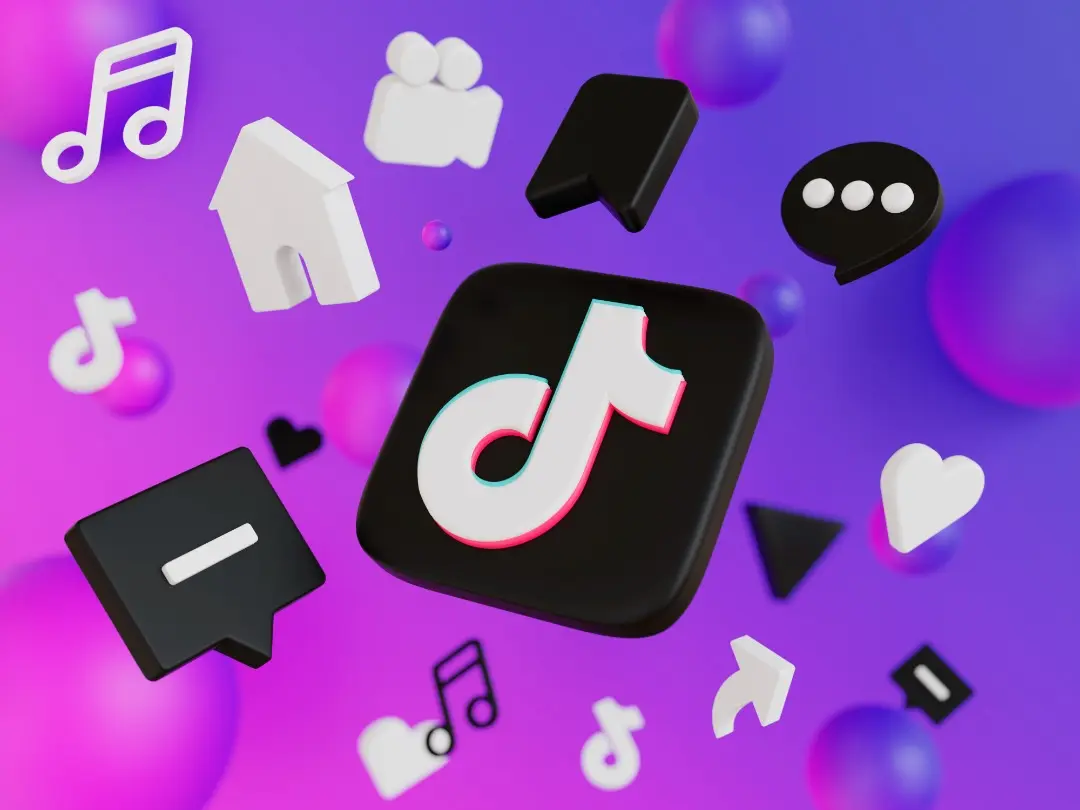
For a long time, we’ve known Google as the “main gateway” for finding anything on the internet. But recently, there’s been a big shift: TikTok is being used like a search engine.
In fact, according to an internal Google report, 40% of Gen Z prefer searching for restaurants on TikTok or Instagram rather than Google Search or Maps. What’s really going on? Let’s break it down.
🔥 1. From Search to Scroll: A Shift in User Behavior
Young people today are more comfortable with short visual content. Instead of reading long articles, they prefer watching videos that show the answer or tutorial right away.
Recommended posts
For example: Searching for “ayam geprek recipe” → on Google, you’ll get a long blog post; on TikTok, you’ll see a clear 30-second video showing the steps.
This makes TikTok a far more practical place to find information.
⚙️ 2. TikTok’s “Mind-Reading” Algorithm
One of TikTok’s biggest strengths is its highly personalized recommendation algorithm. The content you see isn’t just based on keywords, but also on your viewing habits.
That means two people typing the same search term might see completely different results — tailored to their interests. This makes the search experience feel more relevant and enjoyable.
👥 3. Trust in Everyday People’s Content
Many users feel that reviews or tips from TikTok creators are more honest and relatable than SEO articles or ads. This kind of User-Generated Content (UGC) gives the impression of real-life experience.
For example: Searching for “sunscreen review” → it’s far more convincing to see a before-and-after video than to read a forum post.
This trust is a major reason why TikTok excels as a source of recommendations.
💬 4. An Interactive Community That Provides Answers
On TikTok, the search doesn’t end with a single video. Users can browse the comments, ask questions, and even see stitches or duets that add more perspectives and information.
This makes the process of finding answers feel more like having a conversation with a community.
👩💻 5. Gen Z Turns to Social Media for Information
A generation raised on social media trusts visuals, stories, and real-life experiences over formal data. They want to see “real-life proof,” not just statistics or official claims.
TikTok meets this need with personal, easy-to-access, and relatable content.




